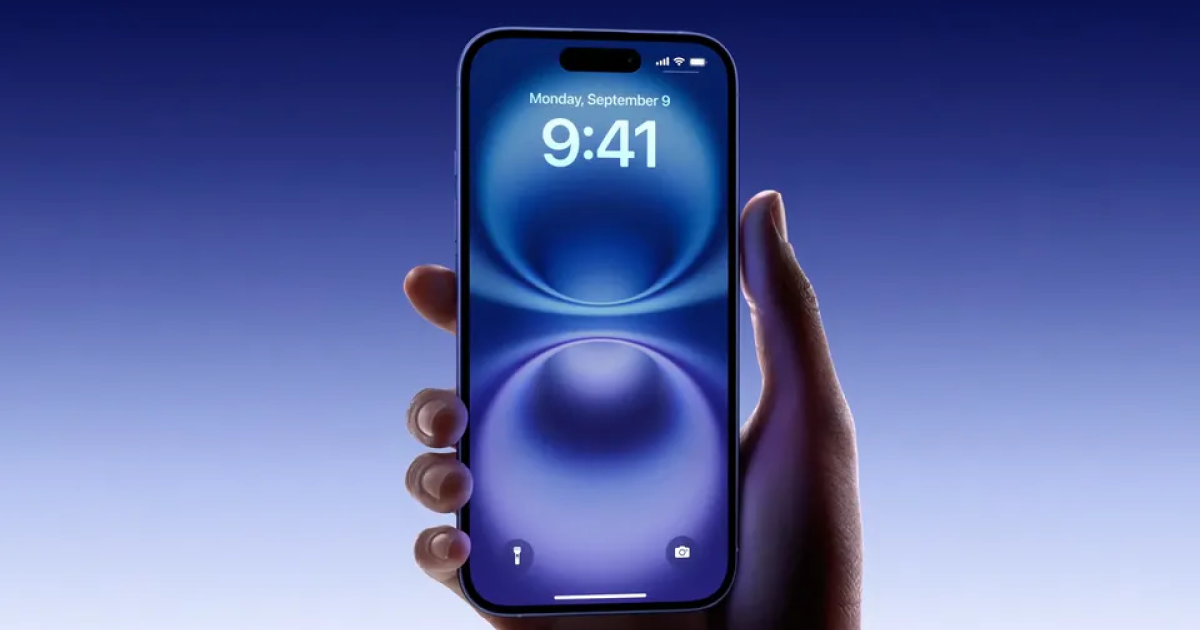Indonesia has blocked Apple Inc. from selling its iPhone 16, launched in September, until the tech giant meets local investment requirements, according to the Ministry of Industry’s statement on October 25. Apple’s local entity, PT Apple Indonesia, hasn’t fulfilled the 40% domestic content requirement, making the new model ineligible for sale in Southeast Asia’s largest economy. However, older iPhone models can still be marketed domestically.
While Apple is not among the top smartphone brands in Indonesia, the country’s young, tech-savvy population and its over 350 million active mobile phones offer significant growth potential. The setback comes despite Apple’s substantial efforts, including its four developer academies in Indonesia, as an alternative to establishing a manufacturing facility. Apple has invested 1.5 trillion rupiah ($95 million) to date, just shy of the 1.7 trillion-rupiah commitment. In contrast, rivals like Samsung and Xiaomi have set up manufacturing plants in Indonesia, adhering to the 2017 regulations that require companies to incorporate more local content.
Indonesia is known for using trade restrictions to boost domestic production, with mixed results. This year, tightened import rules caused delays for products like laptops and car tires, but policies such as the mineral ore export ban have successfully advanced the nation’s battery sector.
Approximately 9,000 iPhone 16 units have entered Indonesia via personal imports but are restricted to personal use only, with each unit requiring government registration and a hefty import tax.

